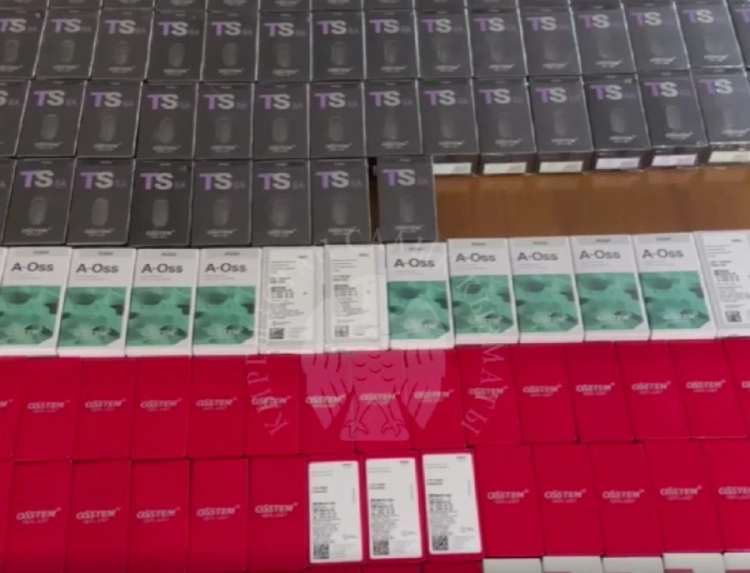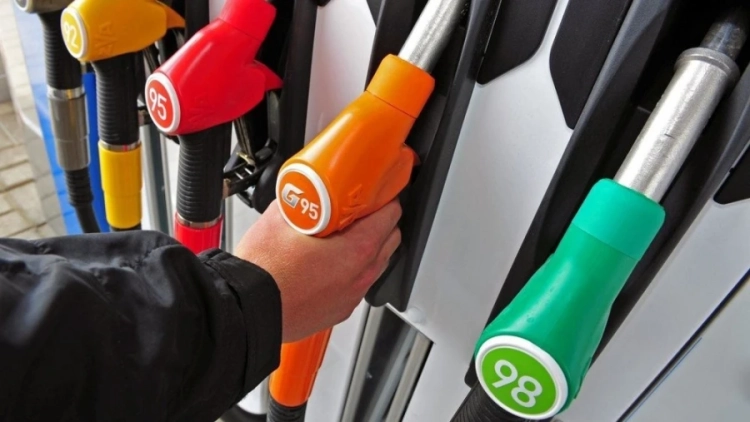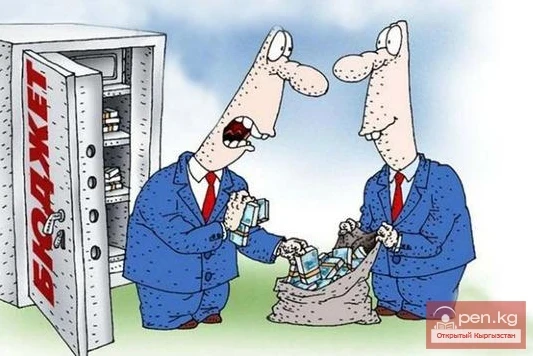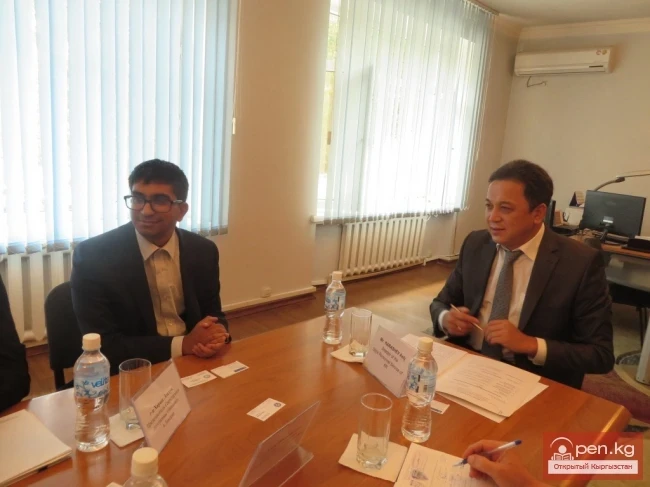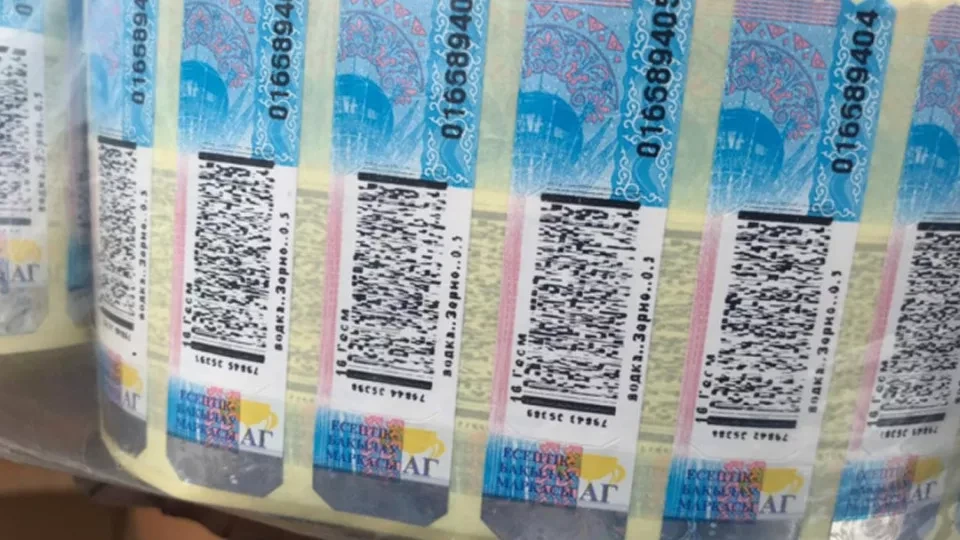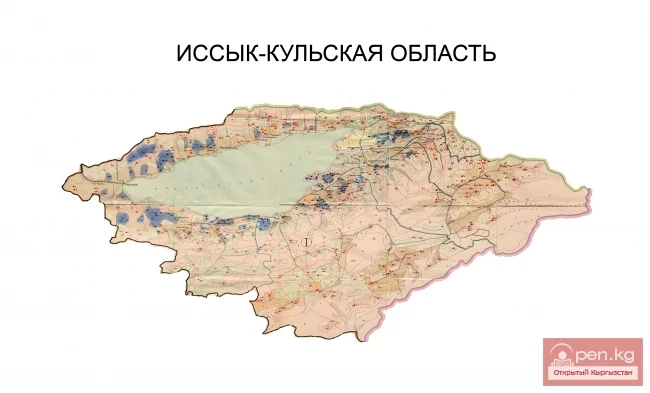EWT
Taxpayers in Kyrgyzstan engaged in the sale of oil and petroleum products, alcoholic beverages, and tobacco products are required to use the EWT. Starting in 2027, this requirement will also apply to pharmaceuticals and medical devices, regardless of the chosen tax system.EI
The electronic invoice is issued by the seller when selling goods, performing work, or providing services. The buyer must confirm this document within the established time frame. The EI records the cost and shipment of goods or services.Despite this, some groups of taxpayers are exempt from the obligation to issue an EI:
- taxpayers under the simplified tax system with a zero rate and income up to 15 million soms per year;
- patent taxpayers providing services and work to individuals for personal needs;
- merchants operating under a patent;
- agricultural producers selling their products;
- taxpayers using the simplified system and working with individuals for personal needs;
- single tax payers at a rate of 0.5% in trade and taxpayers in special regime zones.
It is important to note that taxpayers required to use the EI must independently enter data about goods purchased from sellers exempt from issuing these documents into the EI system.For this procedure, a document titled "Electronic Document for Entering Data on Goods Acquired from Non-Participants of the System" must be prepared at the time of receipt of goods at the warehouse or retail point.
This requirement does not apply in cases where a taxpayer operating under the general tax regime receives an invoice for agricultural products from the producer.
Furthermore, the data entry requirements do not apply to:
- alcoholic beverages;
- tobacco products;
- pharmaceuticals;
- medical devices;
- jewelry made from precious metals;
- oil and petroleum products (except for lubricating oils under specific HS codes);
- goods for which there are decisions from the tax authority based on the results of inspections;
- goods for which an act of absence of primary documents was drawn up during tax control.
CR
The cash register is intended for monitoring and fiscalizing payments. It records all trading operations, issues receipts, and sends data to tax authorities. The use of a CR is not mandatory for taxpayers operating under a patent or in special trading zones.However, entrepreneurs using the simplified tax system are required to use a CR when conducting trading activities.



